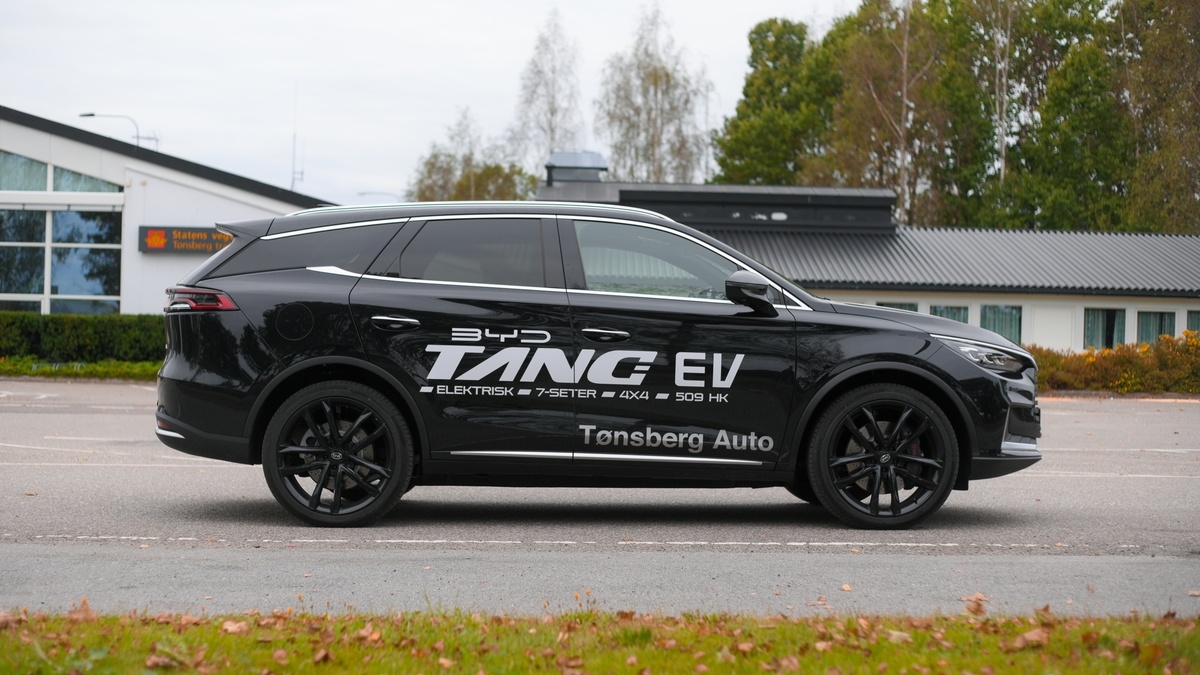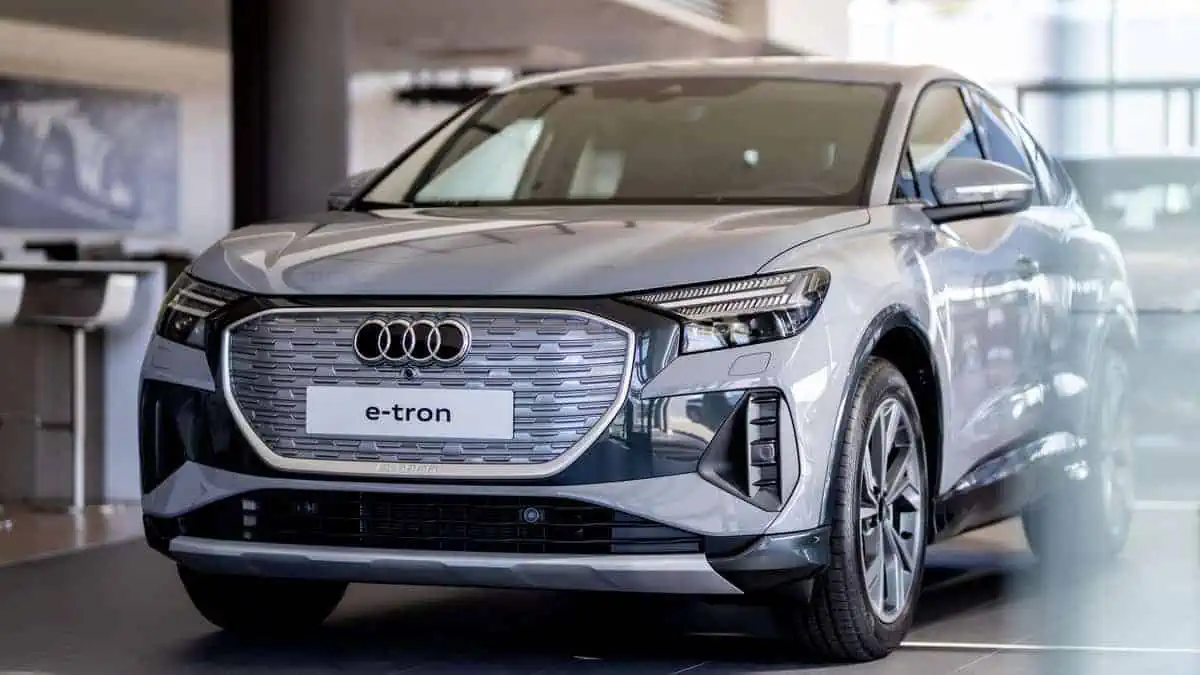The Canadian government is evaluating the recently announced tremendous import tariff hike on Chinese-made electric vehicles in the United States. However, it has not yet decided to actually imitate the move.
Trudeau government considers following US lead with tariffs on Chinese EVs
According to The Canadian Press, Prime Minister Justin Trudeau and his trade and industry ministers are currently assessing the potential of increasing import tariffs on Chinese electric vehicles, similar to what the US government did earlier this month.
“We’re watching very closely what the Americans are doing.”
Prime Minister Justin Trudeau said after he met with US Vice President Kamala Harris in Philadelphia on May 21
Chinese players’ imports reportedly surged in 2023 as Tesla switched from utilizing its US electric vehicle plants to Giga Shanghai for its supply in the Canadian market.
According to Canada’s trade data, battery-electric vehicle imports from China reached $84 million in 2022. This figure increased to a whopping $2.2 billion in 2023.
Considering Chinese companies’ potential to dominate the North American market, the Canadian Vehicle Manufacturers’ Association’s President Brian Kingston believes they “always have to align” their policy.
Curbing Chinese players’ dominance
The Canadian government is currently imposing a 6% tariff on China-made vehicles. However, electric vehicles are still eligible for up to $5,000 in federal rebates.
According to Trudeau’s staff, economic ties and supply chains are crucial to discussing the potential import tariff hike on Chinese EVs. Canada and the US have reportedly been aligning their electric vehicle industries, particularly in critical minerals, batteries, and manufacturing.
Canada has already invested an astounding $30 billion in domestic battery and EV factories for Stellantis, Volkswagen, and Honda in just the past two years.
These are crucial for the Canadian government to stop China from damaging North America’s auto industry and homegrown brands. The sector currently accounts for nearly 5″ % of the US economy and over 2% in Canada.
Growing EV industry
Canada set a target of having electric vehicles account for one-fifth of its overall sales by 2026. It increases to three-fifths by 2030 and 100% by 2035.
Battery-electric and plug-in hybrid vehicles contributed nearly 11% of overall new vehicle sales in Canada last year, indicating a notable 8% jump from 2022.
On the other hand, the US government aims to have EVs account for one-third of its new vehicle sales by 2032, but unlike Canada, it has not mandated the target.
As CVMA President Kingston noted, Canada must be ready for “a surge in Chinese EVs” in order to hit its target.






